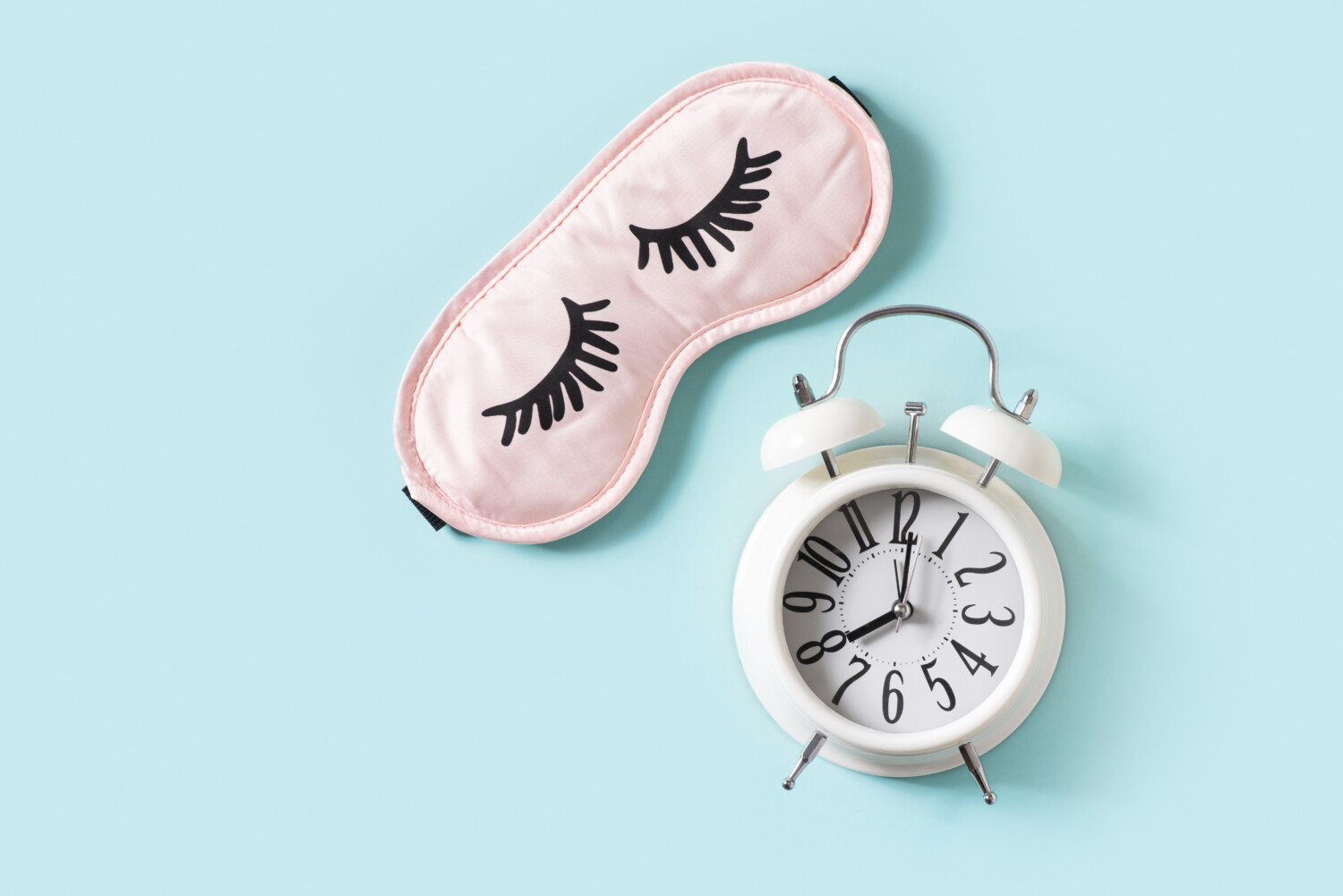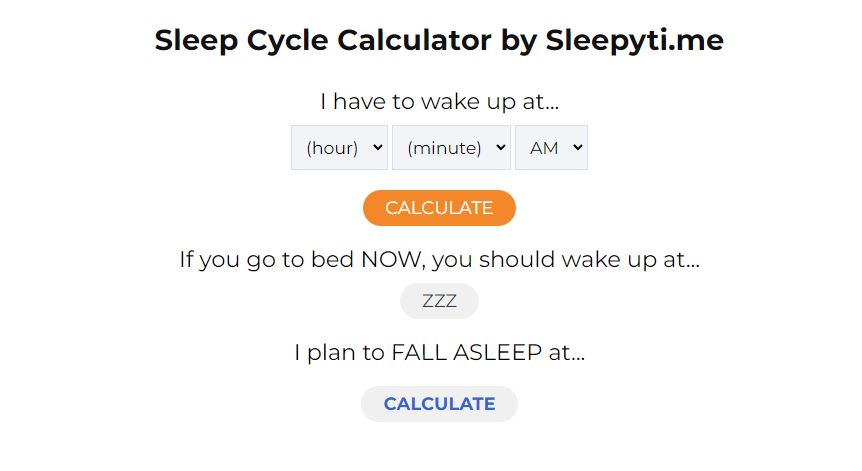Getting a good night’s sleep is essential for feeling rested and energized the next day. Completing an entire sleep cycle is vital to waking up feeling refreshed and alert. A sleep cycle consists of two types of sleep: non-rapid eye movement (NREM) and rapid eye movement (REM). During the night, you cycle through these two stages several times.
NREM sleep is divided into three stages, each with unique characteristics. In stage one, your body begins to relax, and your breathing and heart rate slow down. In stage two, your body temperature drops and your brain waves become slower. Finally, in stage three, you enter deep sleep, where it can be difficult to wake up, and your body repairs itself from the day’s activities.
After NREM sleep comes REM sleep, which is when most dreams occur. During REM sleep, your brain activity increases, as well as your breathing rate and blood pressure. This stage is essential for learning new information and processing memories and emotions from the day before.

Completing a full cycle of both NREM and REM sleep is essential for feeling rested the next morning. If you don’t get enough of either type of sleep or if you wake up during a cycle, you may feel groggy or tired throughout the day. But how do you determine the amount of sleep you need to wake up feeling refreshed?
Use a Sleep Calculator to Schedule Your Bedtime
Sleepadvisor.org is a website dedicated to providing information and resources on how to get a better night’s sleep. The website, created by a team of sleep experts and enthusiasts to help people improve their sleep quality and overall health, has developed a sleep calculator that can help you determine the bedtime most beneficial for your body.
When you enter the time you need to wake up, the calculator computes the completion of sleep cycles and offers recommendations for several wake times. You can also use it to find out what time you should wake up if you go to sleep right away or enter the time at which you plan to fall asleep and find out what time you should set your alarm to wake you.

The calculator, which you can find here, aims to help individuals achieve full sleep cycles, consequently avoiding grogginess and promoting a feeling of being well-rested upon waking up.
Of course, every person’s sleep needs are unique, and this tool may not be effective for everyone. In addition, it does not consider variables such as daily activities, health issues or other influences that can affect sleep quality. However, it is based on scientific evidence and can be a great starting point for setting up your sleep schedule.
If you use the calculator, consider taking note of how well you feel when waking up at different times to help determine whether or not this method works for you.
Allow Enough Time to Fall Asleep
Another consideration to factor in is how much time you’ll spend waiting to fall asleep. Sleep latency, or the time it takes to fall asleep, can vary from person to person. However, on average, healthy adults can generally fall asleep within 10 to 20 minutes.
If you are having difficulty falling or staying asleep, many things can help, such as avoiding caffeine late in the day and limiting screen time before bed. Additionally, a comfortable sleeping environment with a cool temperature and minimal noise can help create an ideal setting for restful sleep.
Getting enough quality sleep is essential for maintaining good physical and mental health, so if you struggle with getting enough restful sleep, it may be beneficial to speak with a healthcare professional who can provide further advice on improving your sleep routine.

Other Considerations for Setting Your Bedtime
Understanding your sleep cycle is one of the most critical factors in determining when to go to bed. Everyone’s circadian rhythm is unique, so it’s important to know how much sleep you need and when you’re likely to feel tired. In addition, having a consistent schedule and routine can help ensure that you get enough restful sleep each night.
Finally, it’s essential to consider any other activities or commitments that may interfere with getting enough restful sleep each night. For example, if possible, try not to plan activities late at night or early in the morning if they will disrupt your sleeping patterns or make it difficult for you to get enough restful sleep each night.
By using Sleep Advisor’s sleep calculator and taking into account your individual needs and lifestyle preferences, as well as any other commitments or activities that could interfere with getting enough restful sleep each night, you can determine the best time for you personally when it comes time to go to bed each evening.
This story originally appeared on Simplemost. Check out Simplemost for additional stories.


